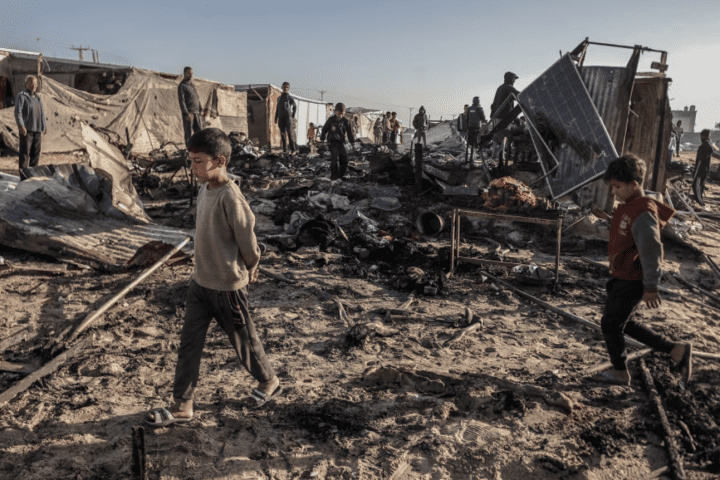Utah prosecutors charged Tyler Robinson with aggravated murder of activist Charlie Kirk and will seek death penalty, citing texted confession and DNA proof.
Utah prosecutors pursue death penalty in Charlie Kirk case
Utah prosecutors announced Tuesday that they will seek the death penalty for Tyler Robinson, accused of killing conservative activist Charlie Kirk. The 22-year-old student is charged with seven felonies, including aggravated murder, destruction of evidence and witness tampering.
According to investigators, Robinson carried out the attack from the roof of a university in Orem, Utah, last Wednesday, when Kirk was speaking to 3,000 people. A rifle bullet pierced his neck, and police searched for the attacker for more than 24 hours.
Texts as Evidence
Court documents state that Robinson confessed to the crime to his roommate and romantic partner. In the messages, he wrote, “I had an opportunity to take out Charlie Kirk and I took it,” adding that he had been planning the attack for over a week.
He explained his motive as hatred of Kirk’s rhetoric: “I’ve had enough of his hatred. Some hatred can’t be eliminated by negotiation.”
Police said Robinson’s DNA was found on the trigger of a rifle he left in the bushes after the shooting.
First hearing and reactions
Robinson appeared in his first court appearance via video link, unshaven and wearing a suicide vest. He gave only his name. Judge Tony Graf ordered him held without bail and appointed him a free attorney. The next hearing is set for Sept. 29.
Utah District Attorney Jeffrey Gray called the decision to seek the death penalty “independent and based solely on the evidence and circumstances of the case.” President Donald Trump has already called for the maximum penalty for the killer.
Political Outcry
The killing of the 31-year-old co-founder of the Turning Point USA movement and a Trump ally has sparked condemnation of political violence from both sides, but also a wave of recriminations. The administration has hinted at possible action against left-wing organizations, while critics have warned that the tragedy is being used as a pretext to persecute opponents.
A Reuters/Ipsos poll after the attack found that about two in three Americans believe that aggressive political rhetoric is contributing to the increase in violence.














